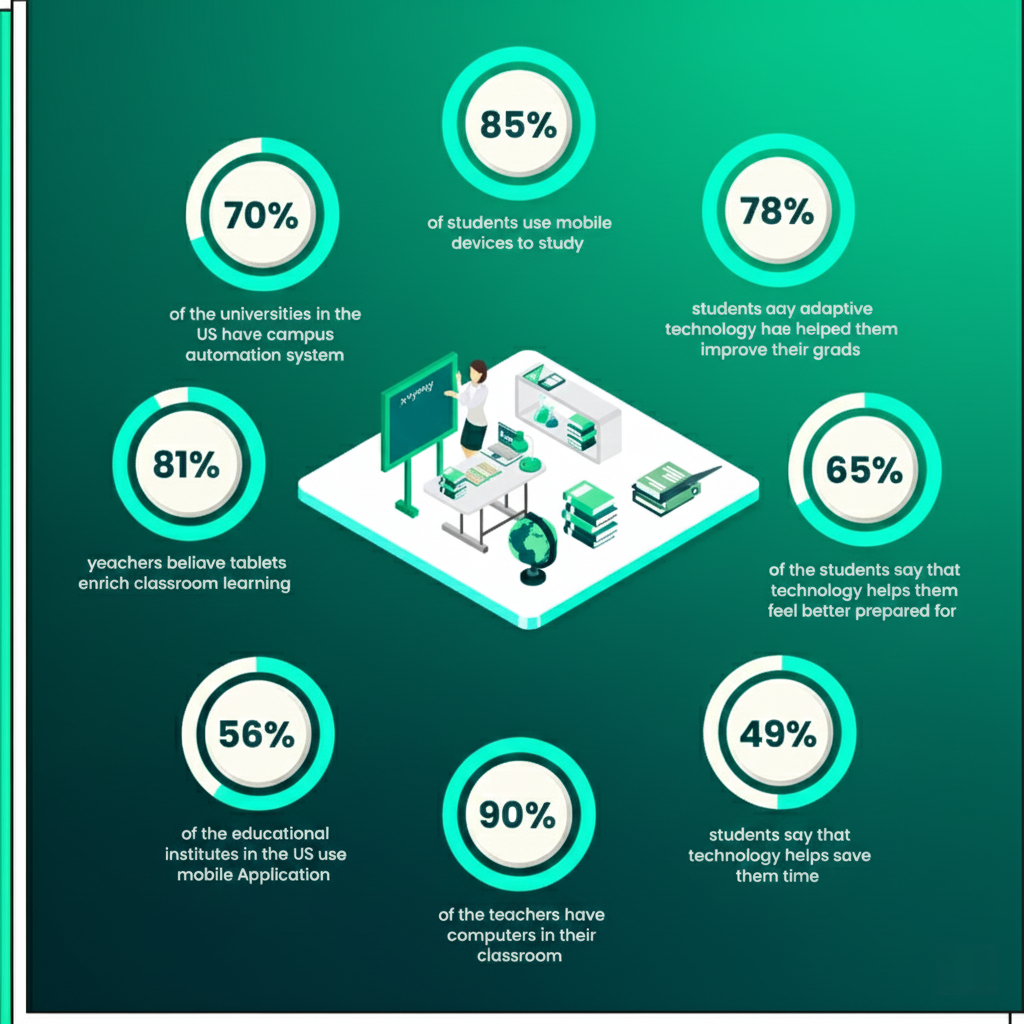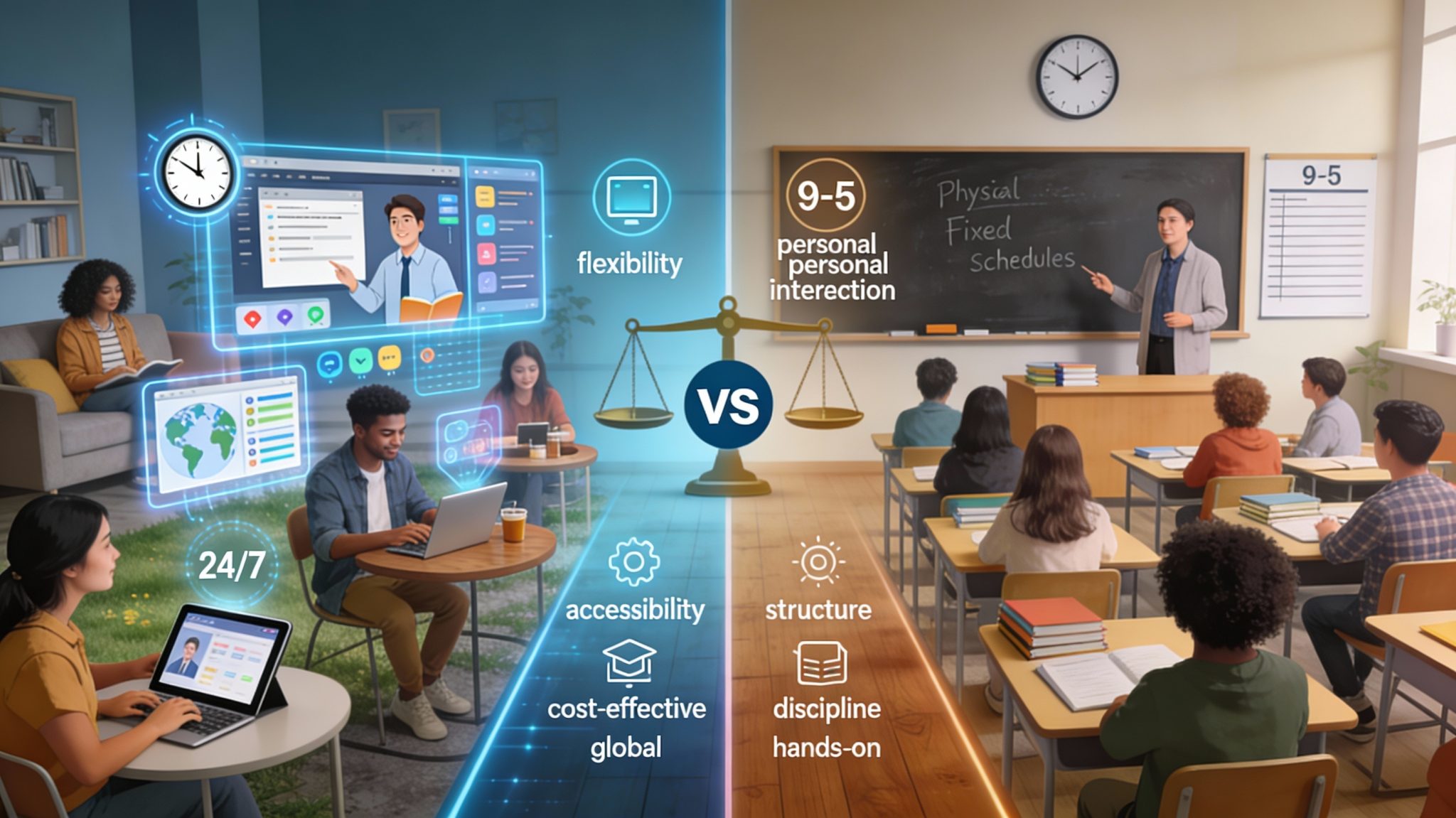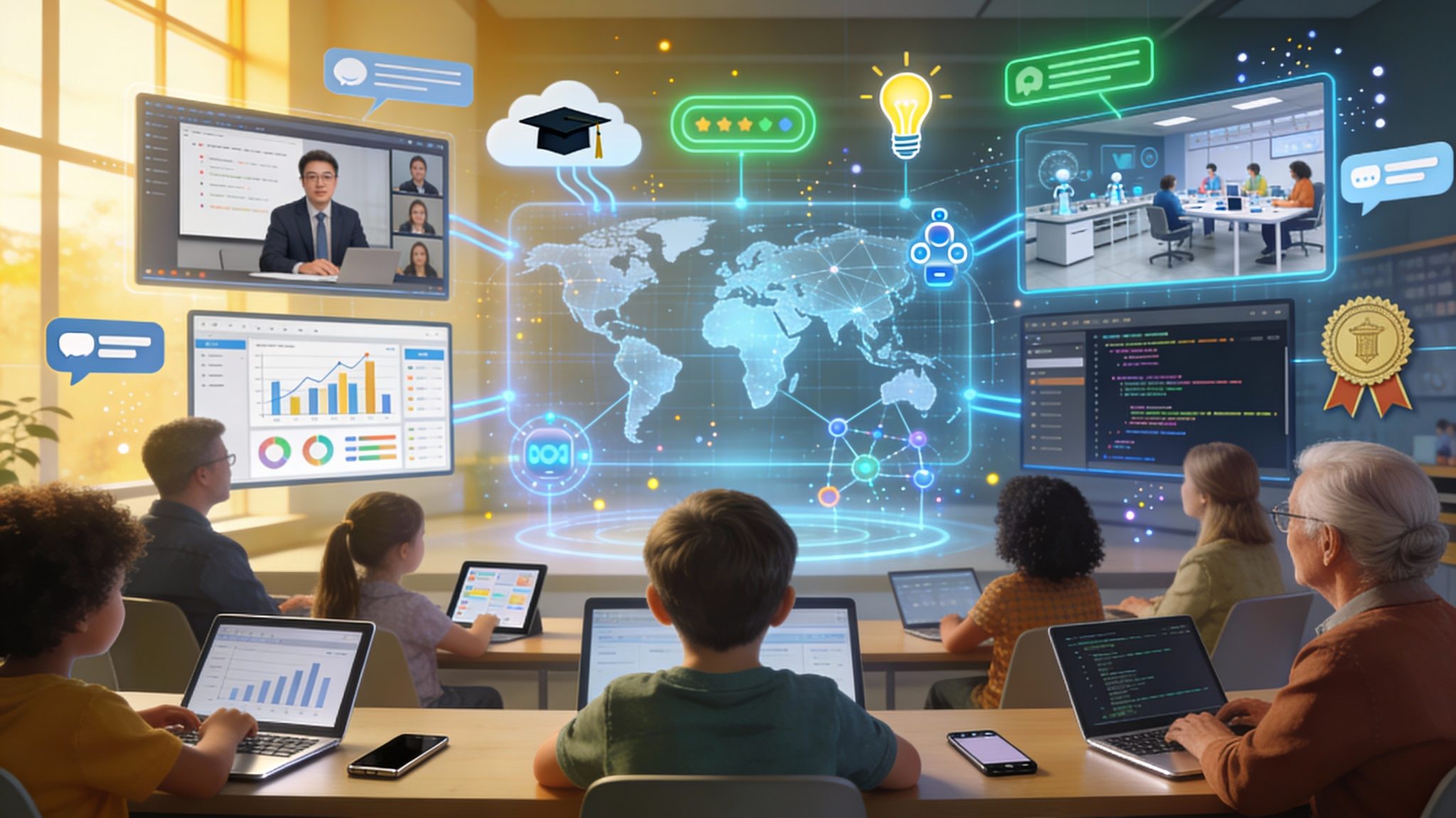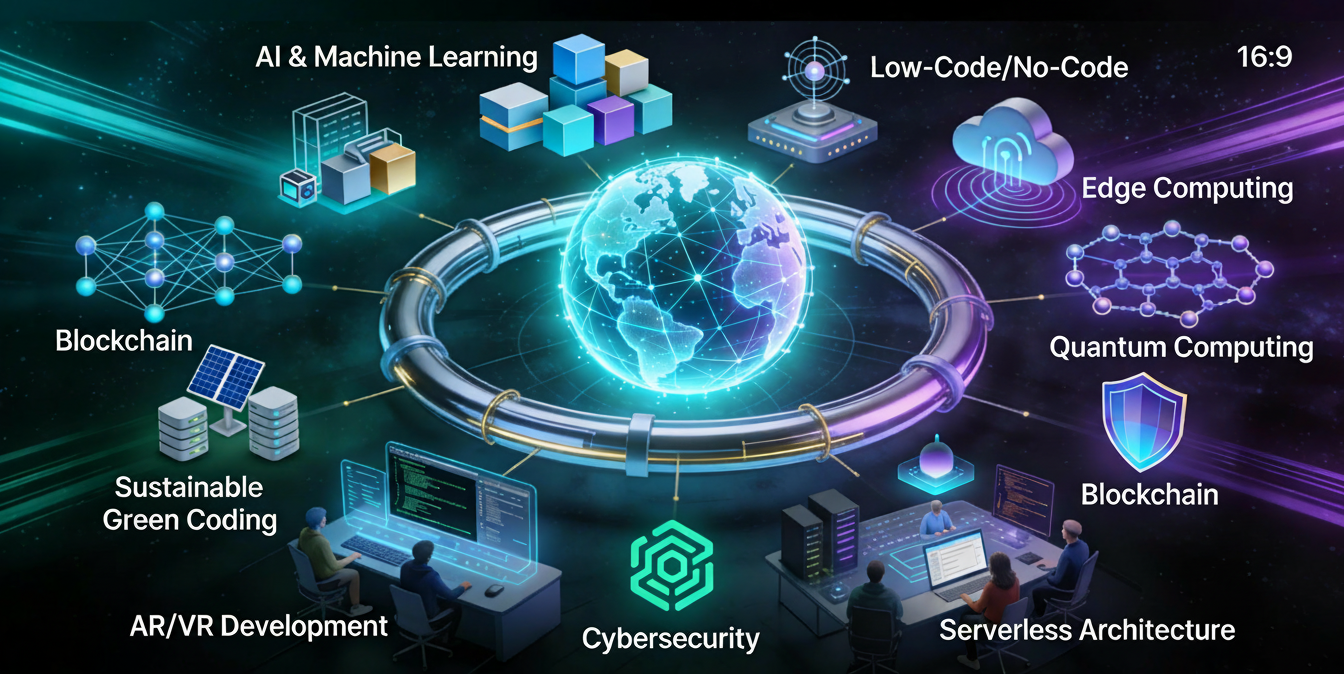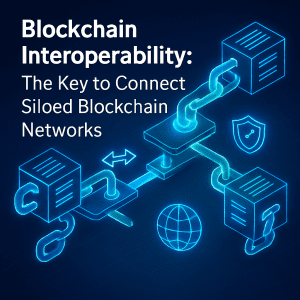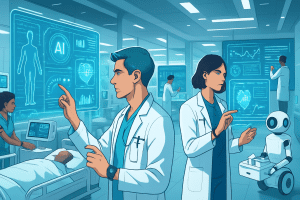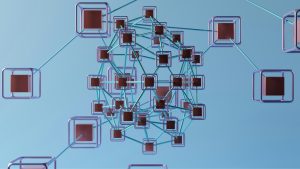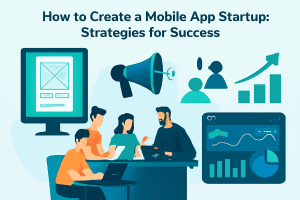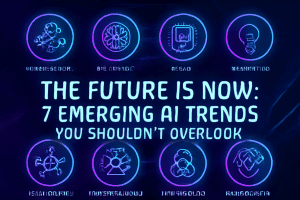Introduction
The past 15 years have witnessed an unprecedented revolution in technology, impacting nearly every aspect of modern life. From communication and transportation to healthcare and entertainment, developments in digital tools and systems have reshaped our daily experiences and transformed industries around the globe.
Key Technological Advancements (2010–2025)
1. Rise of Smartphones and 5G Networks
-
Smartphones have become faster, smarter, and more integral to our lives, serving as cameras, computers, and entertainment systems in our pockets.
-
The rollout of 4G, followed by 5G, enabled lightning-fast internet connectivity, seamless video streaming, and real-time gaming experiences on mobile devices.
2. Artificial Intelligence (AI) and Machine Learning
-
AI-powered tools permeate everything from virtual assistants (Siri, Alexa) to image recognition, language translation, and autonomous robots.
-
AI’s influence expanded in areas such as healthcare diagnostics, self-driving cars, and smart home technology.
3. Electric and Autonomous Vehicles
-
Electric vehicles (EVs) went mainstream, with increasing sales and wider adoption in many countries.
-
The development and testing of autonomous (self-driving) cars are transforming the future of personal and public transport.
4. Cloud Computing & Remote Collaboration
-
Cloud technology allowed businesses and individuals to access, store, and share data from anywhere, fueling the rise of remote work and collaboration.
-
Platforms like Office 365, Google Drive, and Zoom became essential, especially during the pandemic years.
5. Social Media & Digital Transformation
-
Social networks (Facebook, Instagram, X, TikTok) fundamentally changed personal connection, business marketing, and news consumption.
-
Digital payments and e-commerce experienced explosive growth, digitizing transactions and consumer habits.
6. Wearables, AR/VR, and IoT
-
Smartwatches, fitness trackers, and wearables transformed personal health and productivity.
-
Augmented reality (AR) and virtual reality (VR) evolved, offering new dimensions in gaming, design, and education.
-
The Internet of Things (IoT) interconnected devices, appliances, and infrastructure, enabling smart homes and cities.
7. Blockchain and Cryptocurrencies
-
Blockchain technology, initially associated with cryptocurrencies, began to revolutionize finance, supply chains, and digital identity management.
-
Secure, decentralized records brought new possibilities for transparency, trust, and innovation.
8. 3D Printing and Manufacturing Innovations
-
3D printing moved from prototyping to mainstream manufacturing, enabling custom products, medical devices, implants, and more.
-
Rapid design iterations and on-demand production became possible in industries such as healthcare and automotive.
9. Advances in Healthcare Technology
-
Telemedicine, wearable health monitors, and digital health records improved care accessibility and patient outcomes.
-
AI-powered diagnostics and personalized medicine are driving breakthroughs in disease prevention and treatment.
10. Sustainability and Green Tech
-
Renewable energy technologies, especially solar panels and wind turbines, have made significant progress.
-
Smart grids, energy storage solutions, and green transportation are helping address climate change and promote sustainability.
Societal and Economic Impact
-
Productivity: Technology enhanced business efficiency, enabling rapid innovation across sectors.
-
Workforce: Automation and AI shifted job roles, making digital skills and adaptability more valuable.
-
Society: Digital access expanded globally, but also highlighted challenges like the digital divide and data privacy concerns.
Looking Ahead: What’s Next?
-
Quantum computing is emerging as a frontier that could solve previously impossible problems in science and logistics.
-
Convergence of technologies (AI, IoT, edge computing) promises smarter, more connected environments.
Conclusion
The past 15 years represent a defining chapter in the history of technology, marked by rapid change and continuous innovation. These breakthroughs have extended human capabilities, improved quality of life, and will continue to shape our future in ways we are only beginning to imagine.

